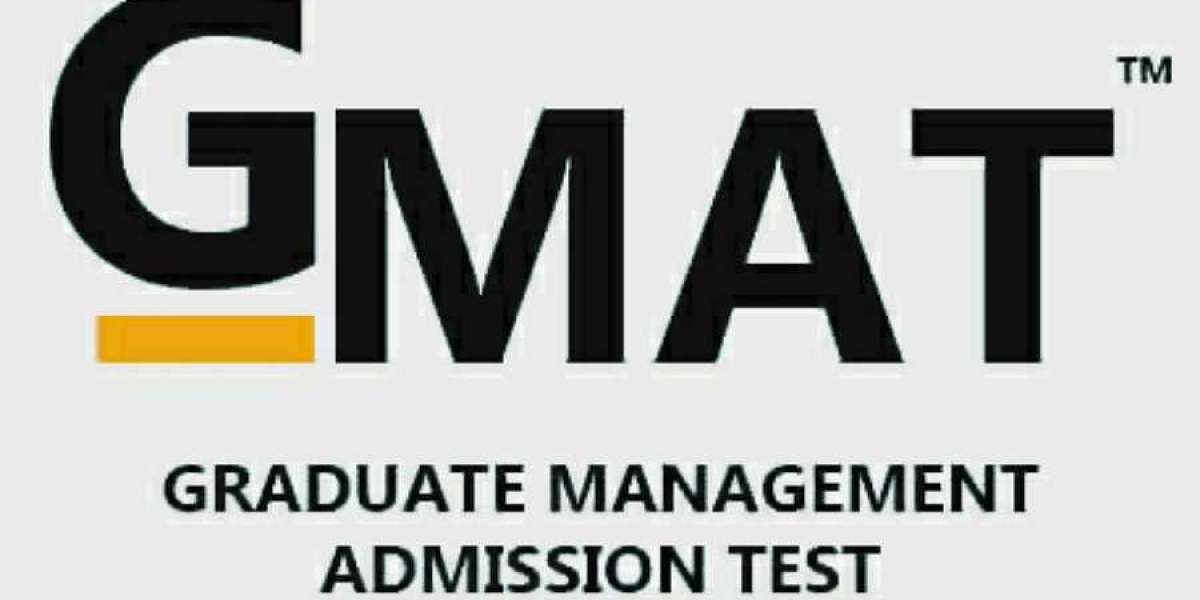One of the key components that often causes applicants sleepless nights is the GMAT score. Traditionally considered a critical factor in gaining admission to top-tier business schools, a GMAT score less than 680 doesn't necessarily mean the end of your MBA dreams. In fact, it can be a unique opportunity for candidates to showcase their strengths beyond standardized test scores.
Understanding the GMAT Landscape
The Graduate Management Admission Test (GMAT) is a standardized exam designed to assess analytical writing, quantitative, verbal, and reading skills. Less than 680 Gmat MBA programs use the GMAT score as a benchmark for evaluating a candidate's academic aptitude. However, an increasing number of business schools are recognizing the limitations of relying solely on this metric and are adopting a more holistic approach to admissions.
Navigating the MBA Admissions Process
While a high GMAT score can undoubtedly bolster your application, business schools are placing greater emphasis on a candidate's overall profile. Admissions committees are increasingly looking for diversity in experiences, unique perspectives, and a well-rounded skill set that extends beyond test-taking abilities.
Showcasing Your Strengths Beyond the GMAT
If your GMAT score is less than 680, it's crucial to leverage other aspects of your application to demonstrate your potential as a successful MBA candidate. Highlighting your professional achievements, leadership experiences, and any unique skills or perspectives can help create a compelling narrative that goes beyond numerical metrics.
Crafting a Standout Personal Statement
Your personal statement is an invaluable tool for conveying your story, motivations, and aspirations. Use this opportunity to address your GMAT score openly and provide context. Discuss how your professional journey, achievements, and personal growth have prepared you for the challenges of an MBA program. Be authentic and let your passion for business and learning shine through.
Leveraging Letters of Recommendation
Strong letters of recommendation can play a pivotal role in offsetting a lower GMAT score. Choose recommenders who can speak to your professional accomplishments, leadership qualities, and potential for success in a rigorous academic environment. Their insights can provide a broader perspective on your abilities and achievements.
Targeting the Right Business Schools
Research and identify business schools that consider applicants holistically, placing less emphasis on GMAT scores. Many reputable institutions are adjusting their admissions criteria to attract a diverse pool of candidates. Tailor your application strategy to schools that align with your strengths and values.
Preparing for Interviews with Confidence
If invited for an interview, use this opportunity to showcase your interpersonal skills, communication abilities, and passion for the MBA program. Demonstrate how your unique qualities and experiences will contribute to the diversity and vibrancy of the student body.
Conclusion:
In conclusion, a GMAT score less than 680 should not deter you from pursuing your MBA dreams. By strategically highlighting your strengths, experiences, and aspirations, you can create a compelling application that stands out in a competitive landscape. Remember, the journey towards an MBA is not solely about test scores; it's about the journey you've undertaken and the impact you're poised to make in the business world. Embrace the challenge, showcase your potential, and let your story unfold on the path to academic and professional success.
















